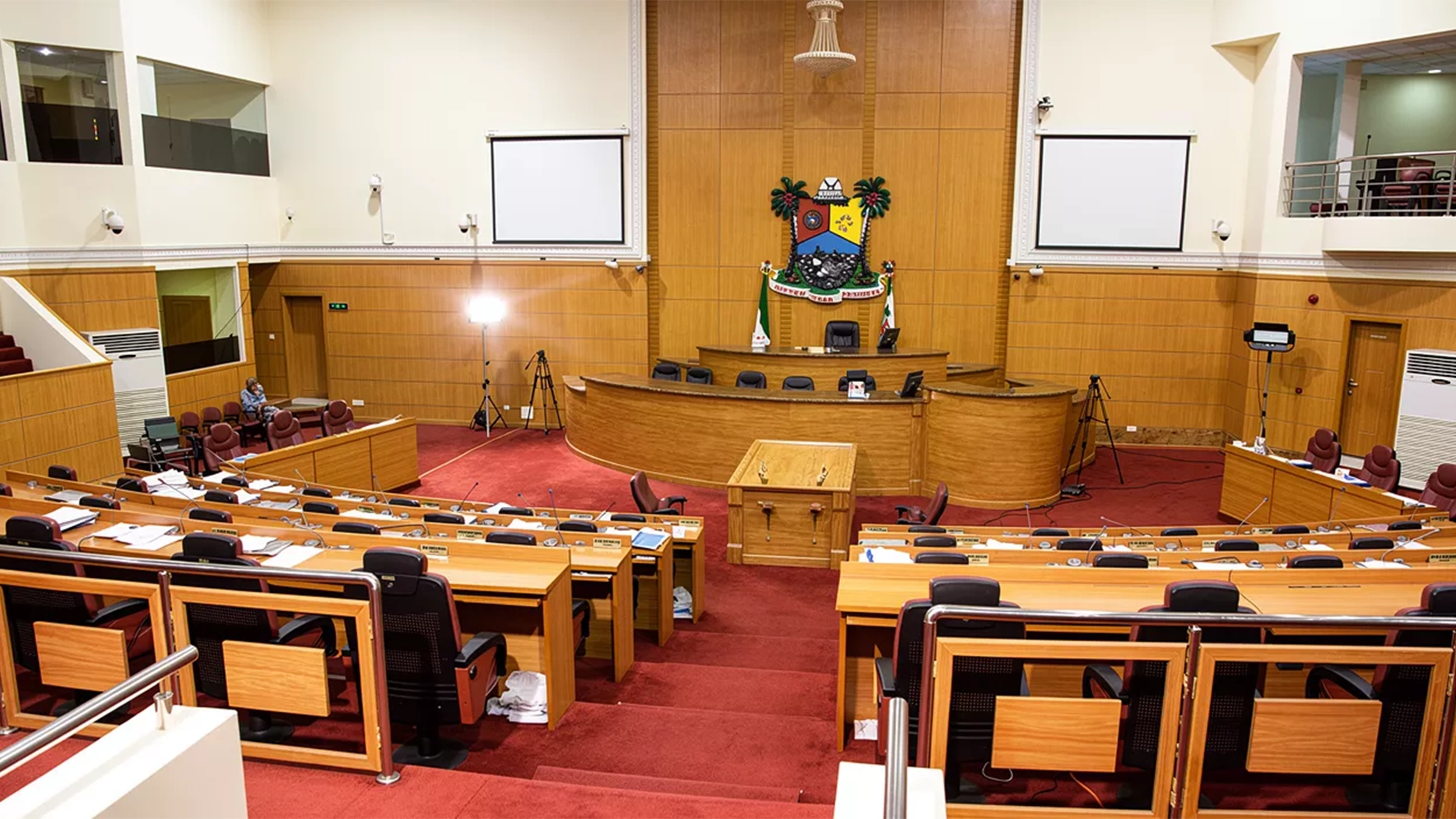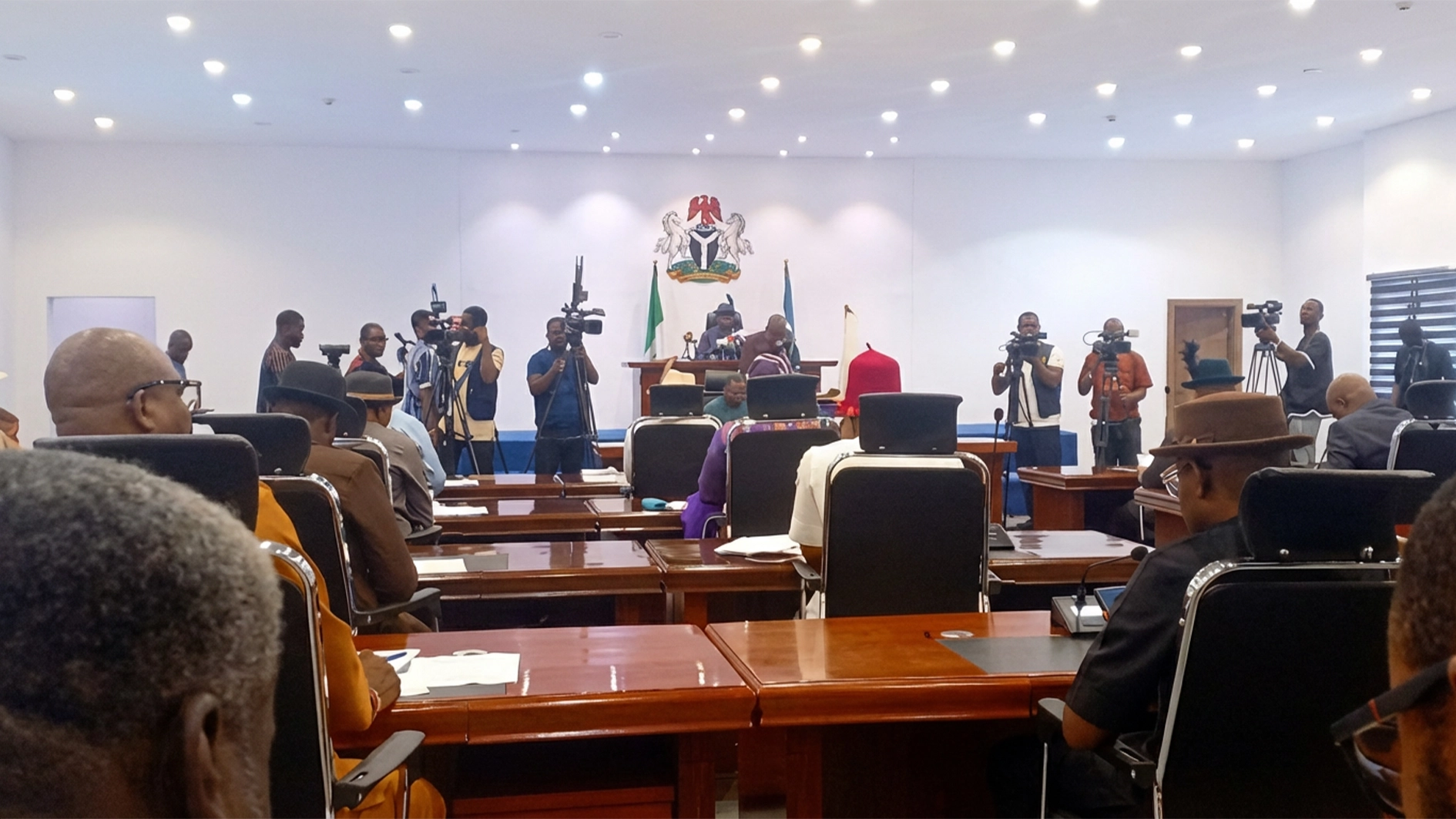President Bola Tinubu on Tuesday announced that over 126 million Nigerians have now been enrolled in the National Identity Database, even as the Federal Government has expanded the system’s capacity from 100 million to 250 million records to ensure universal coverage.
The President, represented by the Secretary to the Government of the Federation (SGF), Senator George Akume, disclosed this at the 2025 National Day of Identity Celebration organised by the National Identity Management Commission (NIMC) in Abuja.
The event was themed “Public Key Infrastructure: Backbone to Digital Public Infrastructure.”
According to the President, the milestone was more than a statistic but a story of empowerment, inclusion, and national progress.
He stressed that the National Identification Number (NIN) was not just a number but a key to dignity, access, and security for every Nigerian, adding that the government would continue to strengthen the identity ecosystem to ensure no citizen was left behind.
“This is not just a number; it represents 126 million stories of visibility and empowerment. Workers can now claim pensions without fear of fraud, students can access loans with ease, and vulnerable groups can benefit from humanitarian support. This is the true power of identity, and this is the progress we celebrate,” Tinubu said.
The President explained that the expansion of enrollment had reached Nigerians across borders, with more than 200 diaspora centres established and special exercises conducted to register refugees, internally displaced persons, and inmates of correctional facilities.
He added that a disability inclusion policy had trained over 5,000 enrolment agents to better serve persons with disabilities, indicating the government’s commitment to leave no one behind.
Tinubu further noted that the Commission had cleared over 2.5 million backlog records, launched mobile and web self-service platforms that processed more than 500,000 record updates, and deployed over 800 mobile enrolment devices nationwide.
On integration, he disclosed that NIMC had harmonised and linked data with 125 partner agencies, including the Nigeria Immigration Service for passports, the Federal Inland Revenue Service for tax records, the National Population Commission for birth registration, and the National Health Insurance Authority for healthcare enrolment.
“This harmonisation reduces duplication, saves costs, improves service delivery, and strengthens national security. Working with the NCC, NIMC enforced the NIN-SIM linkage, which has significantly reduced fraud,” the President stated.
Tinubu also commended the Director-General/CEO of NIMC, Engr. Abisoye Coker-Odusote, for transforming the agency in just over one year through “innovation, discipline, and vision.”
“Under her stewardship, the NIN has truly become the foundation of our nation’s digital transformation. She represents the very spirit of the Renewed Hope Agenda,” he said.
The President reaffirmed his administration’s commitment to enforcing the Mandatory Use Regulation for the NIN, stressing that a secure and trusted identity system would unlock opportunities across education, finance, healthcare, agriculture, and governance.
“The NIN is already powering student loans through NELFUND, enabling business registration, strengthening elections, improving tax collection, and protecting pensions. It is the common key that unlocks opportunity, strengthens governance, and builds trust,” Tinubu added.
He further emphasised the importance of Public Key Infrastructure (PKI) as the backbone of digital trust, warning that without PKI, digital services remain vulnerable.
“PKI provides the secure foundation for our digital economy. It ensures that every Nigerian’s identity is trusted across platforms, attracting investment and enabling our citizens to engage seamlessly in a globalised world,” he said.
Also speaking, the Director-General/CEO of NIMC, Abisoye Coker-Odusote, said that the enrolment progress reflected NIMC’s commitment to the UN’s Sustainable Development Goal 16.9, which aims to provide legal identity for all.
She disclosed that over 449,000 students had benefited from loans facilitated by NIN verification since May 2024, with a total of N86.35 billion disbursed.
She added that the NIN had been integrated with agriculture programs, allowing over 30,000 metric tonnes of rice to be distributed at subsidised rates to verified beneficiaries, while financial inclusion for women and other vulnerable groups had also improved through digital identity.
On his part, the Minister of Interior, Dr. Olubunmi Tunji-Ojo, said identity remained the lodestone of modern governance, stressing that PKI was essential for building a digital public infrastructure that is open, secure, and interoperable.
“Countries that build secure DPI increase inclusion, lower transaction costs, and attract investment. PKI is the difference between digital convenience and digital risk,” Tunji-Ojo said.
He pointed to reforms such as the commissioning of the Bola Ahmed Tinubu Technology Innovation Complex (BATTIC), which now houses a modern Command and Control Centre, a biometric production facility, and a data centre to support border management and passport services.
The event was attended by Senate President Godswill Akpabio, represented by Senator Victor Umeh; Speaker of the House of Representatives Tajudeen Abbas, represented by Hon. Okunjimi Odimayo; Executive Chairman of the Federal Inland Revenue Service (FIRS), Zacch Adedeji; traditional rulers, diplomats, captains of industry, and development partners.






